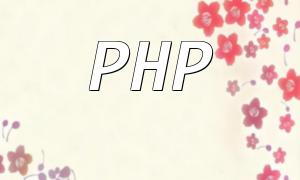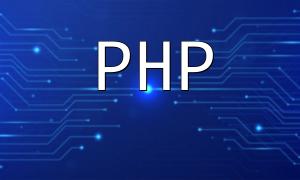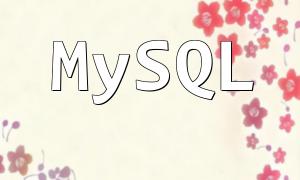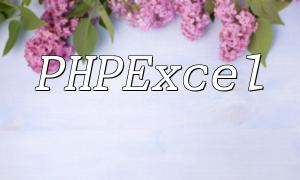In modern software development, code quality is one of the key factors for the success of PHP frameworks. High-quality code not only improves development efficiency but also significantly reduces maintenance costs. This article introduces practical best practices and common tools to ensure code quality in PHP frameworks.
Consistent coding standards form the foundation for clean and uniform code. The PHP community widely advocates the PSR (PHP Standards Recommendation) series, covering naming, structure, and formatting, effectively enhancing code readability and maintainability.
PSR-1 and PSR-2 are the most commonly used PHP coding standards. Following these ensures consistent code style and facilitates team collaboration.
// Example: Class naming compliant with PSR-1
class UserProfile {
// Class content
}
Code review among team members helps to identify and fix potential issues promptly, improving code quality while promoting knowledge sharing and team growth.
Using Pull Requests (PR) for code review ensures all changes undergo strict inspection and discussion before merging, effectively guaranteeing code reliability and compliance.
Automated testing is a crucial part of maintaining code quality. Unit tests and integration tests enable quick verification of functionality after code changes, reducing the chance of bugs.
PHPUnit is a widely used unit testing framework in PHP, helping developers write and run test cases efficiently to detect problems early.
use PHPUnit\Framework\TestCase;
class UserProfileTest extends TestCase {
public function testUserName() {
$userProfile = new UserProfile();
$userProfile->setUserName("JohnDoe");
$this->assertEquals("JohnDoe", $userProfile->getUserName());
}
}
Static analysis tools check the code before execution to find errors, code smells, and non-compliance with standards. Popular tools include PHPStan and Psalm, which significantly enhance code quality.
Incorporating static analysis tools into continuous integration ensures every code submission is automatically analyzed, improving code reliability and reducing deployment risks.
Continuous Integration (CI) and Continuous Deployment (CD) automate building and deployment processes, helping teams detect and fix problems quickly and reduce release risks.
Set up build workflows in CI/CD tools like GitHub Actions or Travis CI to automatically run tests, static analysis, and other quality checks, ensuring code changes are fully validated before release.
# Sample GitHub Actions configuration
name: PHP Code Quality
on: [push, pull_request]
jobs:
lint:
runs-on: ubuntu-latest
steps:
- uses: actions/checkout@v2
- name: Run PHPStan
run: vendor/bin/phpstan analyse
Ensuring code quality in PHP frameworks requires a systematic approach involving coding standards, code reviews, automated testing, static analysis, and continuous integration. Proper use of relevant tools and processes not only improves the current project's code but also supports sustainable team development.










